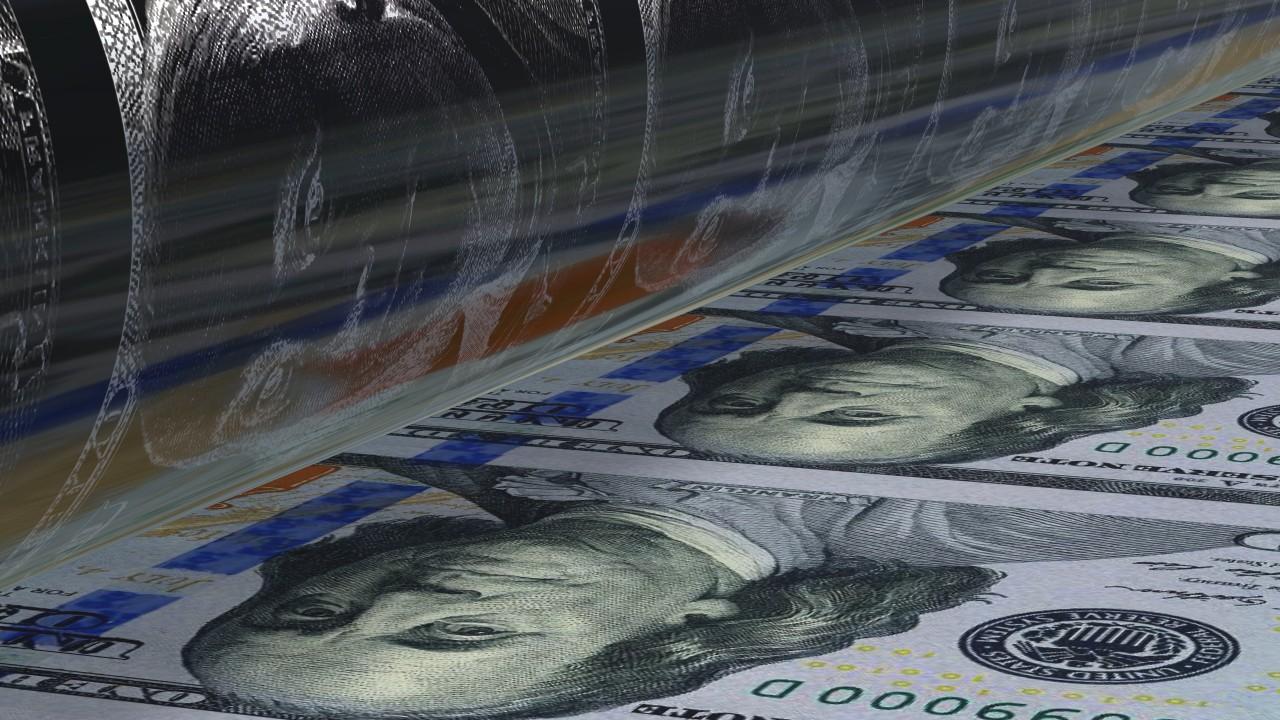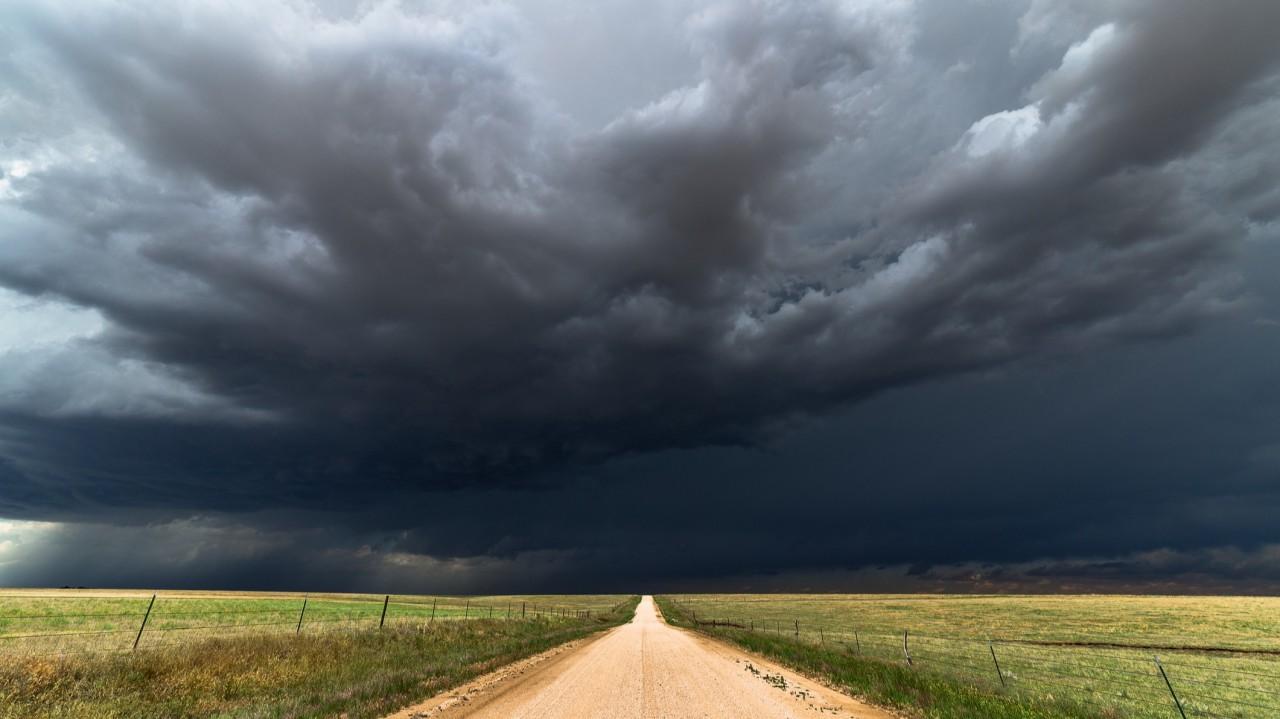Spent today with our family at West Point, a special way to commemorate Memorial Day. Our daughter’s close friend was graduating and wanted us there, another class of Second Lieutenants headed into the unknown. President Trump gave the commencement this year at Army, whisked in and out on one of three Ospreys, military snipers dotting the rooflines. The President, Vice President, and Defense Secretary address our Academies each year, rotating through Army, Navy, and Airforce. This year, it was the VP’s turn to speak at the Naval Academy. Vance articulated America’s new and more focused foreign policy quite clearly and succinctly to our new officers - watch minutes 4:20-16:30 in this video [here].
Dusted off a 2023 anecdote from Liv’s experience at West Point (see below), about the process of tearing people down, building them back up. See you next Sunday. E
Week-in-Review: Mon: Trump says Russia & Ukraine to start ceasefire talks immediately. Putin describes call with Trump “frank” and “very useful”. Germany drops opposition to nuclear power in rapprochement with France. UK and EU agree post-Brexit reset. PM Netanyahu says Israel will take over the entire Gaza Strip. Senate passes GENIUS Act, the stablecoin legislation heads to the House. SEC Chairman Atkins wants to open private investments to more retail investors. JGB auction for 20y debt sees lowest demand in a decade. Port of LA shipments fall 30% in early May. US 30-year yield rises above 5%. Eurozone CPI 2.2% as exp / Core 2.7% as exp, US Leading index -1.0% as exp, China Ret sales 5.1% (5.8%e) / IP 6.1% (5.7%e), S&P +0.1%. Tue: China’s Xi steps up call for industrial self-sufficiency. Japan's 30-year yield rises to highest since 1999. Iran leader says he does not expect results from US talks. Secretary Rubio insists the US will impose new sanctions on Russia if no progress on peace deal. Mexican officials assassinated in rare attack in Mexico City. UK considers sanctions against Israeli far-right ministers. RBA cuts rate by 0.25% to 3.85% as exp. Canada CPI 1.7% (1.6%e), Eurozone Cons conf -15.2 (-16.0e), S&P -0.4%. Wed: Trump attacks South Africa’s president over alleged targeting of white farmers. Boston Fed says Banks’ links to private credit could pose systemic risk. UK and EU ratchet up pressure on Israel over Gaza offensive. US accepts $400mn Qatari jet to be used as Air Force One. Nvidia’s Huang criticizes US restrictions on chip exports to China. Pakistan military warns India is ‘playing with fire’ in Kashmir conflict. Pro-Russia Ukrainian politician shot dead in Spain. $16bn US 20 yr treasuries sale met with lackluster demand. BTC hits record high above $110,000. UK CPI 3.5% (3.3%e) / Core 3.8% (3.6%e), South Africa CPI 2.8% (2.7%e) / Core 3.0% (3.1%e), South Africa Ret sales constant 1.5% (3.2%e), S&P +1.6%. Thur: US House passes Trump’s fiscally expansionary tax bill. US Supreme Court signals it could shield the Federal Reserve from political interference. Two Israeli embassy staff shot and killed in Washington. G7 ministers threaten more sanctions against Russia over Ukraine war. RFK Jr publishes ‘Maha’ report and implicates companies in worsening children’s health. Trump administration bars Harvard from enrolling international students. US Jobless claims 227k (230k e) / Cont. claims 1903k (1882k e), US PMI mfg. 52.3 (49.9e) / serv 52.3 (51.0e) / comp 52.1 (50.3e), Eurozone PMI mfg. 49.4 (49.2e) / serv 48.9 (50.5e) / comp 49.5 (50.6e), UK PMI mfg. 45.1 (46.1e) / serv 50.2 (50.0e) / comp 49.4 (49.3e), Mexico GDP 0.8% as exp, S&P 0.0%. Fri: Trump threatens EU with 50% tariff; says he is ‘not looking for deal’. Trump purges dozens of National Security Council officials. Trump issues directive to fast-track nuclear energy development. Ukraine and Russia begin biggest prisoner swap of the war. Harvard wins order blocking Trump’s international student ban. Germany backs Nord Stream ban to prevent US and Russia restarting gas link. Lebanon begins drive to demilitarize militant groups. JP Morgan’s Dimon to ‘deepen engagement’ with China. Japan Core CPI 3.5% (3.4%e), Ret sales: UK 5.0% (4.5%e) / Canada 0.8% (-0.3e), US New home sales 743k (695k e), S&P -0.7%.
Weekly Close: S&P 500 -2.6% and VIX +5.05 at +22.29. Nikkei -1.6%, Shanghai -0.6%, Euro Stoxx -0.8%, Bovespa -1.0%, MSCI World -1.6%, MSCI Emerging -0.1%, Bitcoin +5.9%, and Ethereum -0.3%. USD rose +0.3% vs Turkey. USD fell -2.5% vs Sweden, -2.2% vs Yen, -1.9% vs Russia, -1.9% vs Sterling, -1.8% vs Euro, -1.7% vs Canada, -1.3% vs Indonesia, -1.3% vs Australia, -1.2% vs Mexico, -1.1% vs South Africa, -0.5% vs China, -0.4% vs Chile, -0.4% vs India, and -0.3% vs Brazil. Gold +5.6%, Silver +3.9%, Oil -0.7%, Copper +5.3%, Iron Ore -3.8%, Corn +3.6%. 10yr Inflation Breakevens (EU -4bps at 1.74%, US -1bp at 2.35%, JP +1bp at 1.63%, and UK +6bps at 3.25%). 2yr Notes -1bp at 3.99% and 10yr Notes +3bps at 4.51%.
2025 Year-to-Date Equity Index Returns: Poland +37.8% priced in US dollars (+25.6% priced in zloty), Czech Republic +36.4% priced in dollars (+23.2% priced in koruna), Greece +34.6% in dollars (+22.6% in euros), Hungary +34% (+20.3%), Spain +33.5% (+21.6%), Chile +32.1% (+25.2%), Austria +30.8% (+19.7%), Germany +29.7% (+18.7%), Mexico +27.6% (+18%), Colombia +26.8% (+19.9%), Ireland +26.8% (+15.5%), Italy +26.2% (+15.5%), Brazil +24.7% (+14.6%), Norway +24.6% (+10.5%), Portugal +24% (+12.9%), South Africa +20.9% (+14%), Finland +20.1% (+10%), Euro Stoxx 50 +19.4% (+8.8%), HK +16.7% (+17.7%), Korea +16.5% (+8%), Switzerland +15.9% (+5.2%), Sweden +15.6% (-0.1%), UK +15.2% (+6.7%), France +15% (+4.8%), Netherlands +14.6% (+4.4%), Belgium +14.2% (+4.1%), Canada +9.6% (+4.7%), Israel +9.6% (+8.2%), Singapore +9.1% (+2.5%), Australia +7.5% (+2.5%), India +5.6% (+5.1%), Taiwan +2.9% (-6%), Philippines +2.8% (-1.8%), New Zealand +2.8% (-3.9%), Japan +2.6% (-6.9%), UAE +2.6% (+2.6%), MSCI World +2.6% in dollars, Vietnam +1.9% (+3.8%), China +1.5% (-0.1%), Indonesia +1.5% (+1.9%), Malaysia -1.1% (-6.5%), S&P 500 -1.3%, NASDAQ -3%, Saudi Arabia -6.9% (-7%), Denmark -8.1% (-15.9%), Russell -8.5%, Thailand -11.5% (-16%), Turkey -13.8% (-4.8%), Argentina -15.9% (-7.4%).
Anecdote (July 2023): “If the fresh skin of an animal, cleaned and divested of all hair, fat, and other extraneous matter, be immersed in a dilute solution of tannic acid, a chemical combination ensues,” said Liv, the two of us walking, her first year done. Cadets are required to commit all sorts of passages to memory. They must be able to recite them at any moment and are inevitably called to do so when standing at attention, heart racing, eyes ahead, with a Cadre screaming commands in their faces. There is hell to pay if a single word is out of place. It is one of the many ways the Military Academies teach. One of the more profound lessons is that for us to successfully lead, we must first learn to follow. And the challenge, of course, is that the people who show real leadership potential tend to arrive at West Point with an overabundance of confidence, cockiness. In fact, such attributes are in part a requirement for admission. The first year of training is about many things, but best I can tell, the principal intention is to tear the Cadets down to the bone. The institution then spends the next three years building them back up, slowly, deliberately, holistically, so that after four years, they each have the tools necessary to lead others. “The gelatinous tissue of the skin is converted into a non-putrescible substance, impervious to and insoluble in water,” said my girl, continuing the memorized passage. This story of transformation is a metaphor; such tools have a powerful effect on us as we internalize their lessons. It had been a hard year, everything worthwhile is. The changes in her were evident, the process begun. But her light had not dimmed. “This, sir, is leather,” she said. “And I am leather Dad.”
Good luck out there,
Eric Peters
Chief Investment Officer
One River Asset Management
Disclaimer: All characters and events contained herein are entirely fictional. Even those things that appear based on real people and actual events are products of the author’s imagination. Any similarity is merely coincidental. The numbers are unreliable. The statistics too. Consequently, this message does not contain any investment recommendation, advice, or solicitation of any sort for any product, fund or service. The views expressed are strictly those of the author, even if often times they are not actually views held by the author, or directly contradict those views genuinely held by the author. And the views may certainly differ from those of any firm or person that the author may advise, converse with, or otherwise be associated with. Lastly, any inappropriate language, innuendo or dark humor contained herein is not specifically intended to offend the reader. And besides, nothing could possibly be more offensive than the real-life actions of the inept policy makers, corrupt elected leaders and short, paranoid dictators who infest our little planet. Yet we suffer their indignities every day. Oh yeah, past performance is not indicative of future returns.





